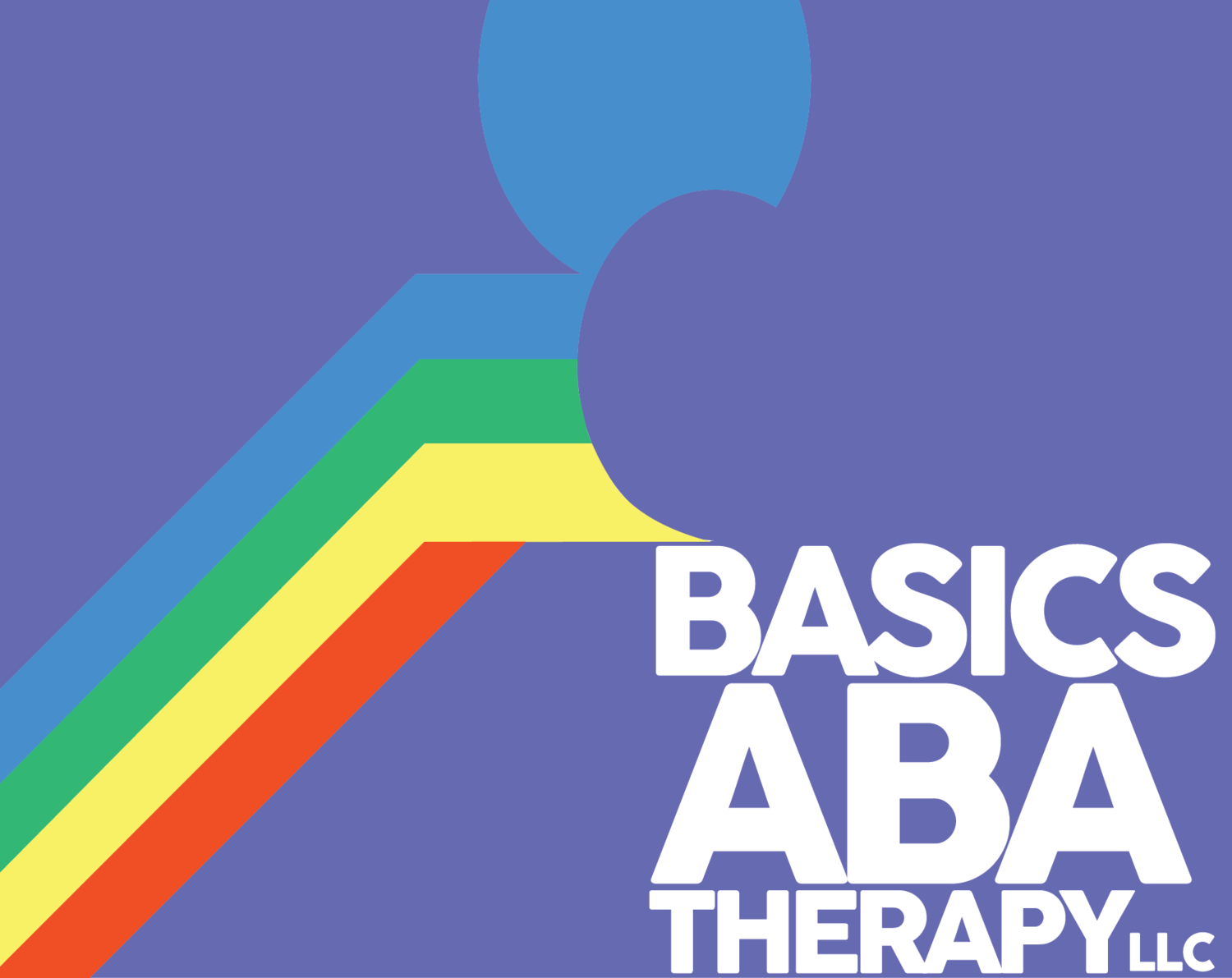We all have things that we are passionate about. Maybe it’s something that we are studying, a comic book, a game we love, a book we read, or a TV show that we watch regularly. Most of us have a topic that we know a weird amount about, and we love to discuss it with others! For example, I could probably discuss Harry Potter or the Marvel Universe with someone all day. I would love to share theories, favorite characters, and random facts with other people. I am able to refrain from doing this though because I have learned how to be open to having a conversation about a different topic.
A skill that is typically worked on in ABA is learning how to change the topic. As the client chats away about their passion, therapists may feign boredom by sighing, glancing around the room, or they may even tell the client that they are bored. Think about that for a second - imagine sharing your joy and passion with someone and their response is to tell you that they are bored. Wouldn’t that make you question if someone is bored whenever you are having a conversation with them?
My son is autistic and his favorite thing in the world is Pokémon. He plays the games, he collects the plush toys, he watches the different shows and movies, and he absolutely loves to keep me updated about all things Pokémon. When Gabriel meets other people, he has a solid and sure base on which to begin conversations. He may use facts about Pokémon as an icebreaker because it’s something that he knows a lot about, so he feels comfortable chatting about it. Pokémon gives him a sense of order and predictability in a world that is often too loud and always changing. Sometimes Gabriel has a hard time disengaging from a topic about Pokémon, so I may tell him, “I just do not know as much about Pokémon as you do, so I have a hard time having a conversation about it. Can we talk about something else?”
As a clinician it is important to teach these skills in a way that doesn’t do harm. At BASICS ABA Therapy it is incredibly important to us that we are creating programs that are kind and showcase how awesome our clients are! We do not want our clients to be afraid that they, or their interests, are boring - it could cause additional stress when they are engaged in a conversation and damage their self-esteem. Instead of showing the client how disinterested we are, the listener should instead ask the client to change the topic - if the client struggles to come up with a different topic, then we can assist them by suggesting some other things to talk about. For example, “I love when you share facts about Pokémon with me, but right now I’d really like to know more about how your school day went! Let’s talk about school for a little bit!” This encourages the client to have a different conversation without having to worry that someone is bored whenever they speak. It also ensures that we are not discouraging clients from loving what they love. Like all children, autistic children need their interests to be encouraged, praised, and streamlined into skills that will help them throughout the rest of their life.

